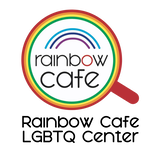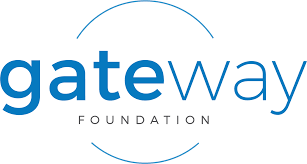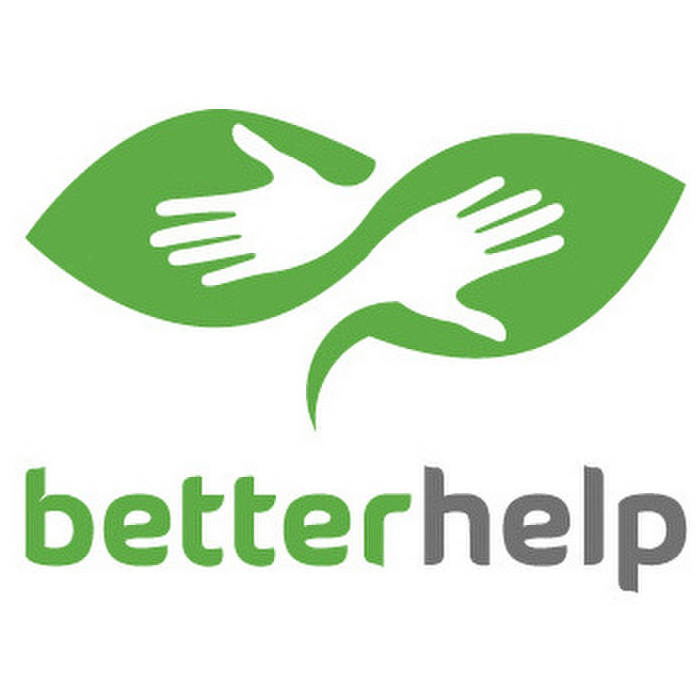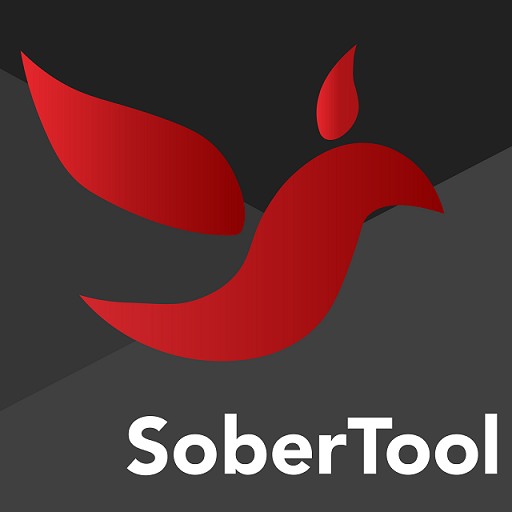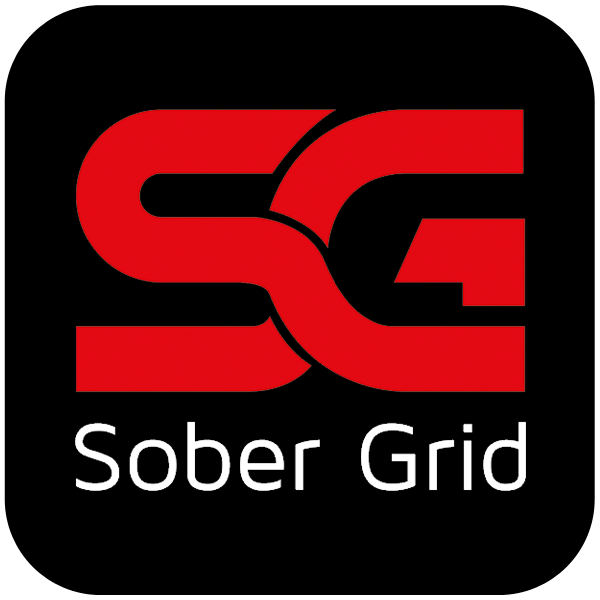What is substance abuse?Substance abuse (also called substance misuse or drug abuse/misuse) generally describes addiction to various drugs like alcohol, opioids, inhalants, cocaine, etc. if the use of those drugs are causing significant problems or distress. Substance abuse can be from both legal or illegal substances, and affects people of all backgrounds, ages, races, ethnicities, and genders. This distress is what separates abuse or addiction from mere drug usage - being extremely said once doesn't automatically make one depressed, just like drug usage doesn't automatically make someone addicted. Substance abuse comes from chronic dependence, which are often fueled by other underlying problems like depression, anxiety, and other mental health issues. Further, substance abuse and mental health issues are intensified by poverty such as houselessness and food insecurity.
Like depression and anxiety, substance abuse is only defined as a disorder if it is causing the individual problems in their daily life. Some common substance-related problems include missing school, work, using substances in dangerous situations, and disrupted relationships. 🚨🚨🚨 If you or someone you know is in immediate danger, please contact 911. For free preventative measures like Narcan, get in touch with us. Relevant substance abuse hotlines include:
|
Some symptoms of substance abuse are:
- Feeling of need to use a drug regularly, such as daily
- Having intense urges for a drug to block out other thoughts
- Needing more of a drug over time to get the same effect
- Taking larger amounts of a drug over a longer period of time than intended
- Spending money on a drug despite financial instability
- Not meeting obligations and work responsibilities due to drug use
- Cutting back on social or recreational activities due to drug use
- Continuing drug use despite physical or psychological problems
- Spending excess time getting a drug, using a drug, or recovering from effects of a drug
- Failing in attempts to stop using a drug
- Experiencing withdrawal symptoms when attempting to stop using a drug
- Driving or doing risky activities when under the influence of the drug
- Doing risky things to get the drug, such as stealing
How do you treat substance abuse?
|
Substance abuse and addiction require long-term continued treatment to be effective, since they are chronic conditions with the potential for relapse and co-occur with other mental health conditions.
Detoxification is where you stop taking a substance or drug and allow it to leave your body. Depending on the severity of the substance, the drug may be tapered off to lessen the effects of withdrawal. Detoxification is the first major step in treating substance abuse and addiction. Therapy and counseling is often used in addition to other treatment methods and helps manage other co-occurring mental health conditions while also teaching healthy coping mechanisms. In addition to professional therapy, some individuals also find benefit from self-help programs, group therapy, and peer support like Alcoholics Anonymous or Narcotics Anonymous. Medication can also be prescribed as part of a substance abuse treatment plan to help treat withdrawal and cravings. Methadone, buprenorphine, and naltrexone are FDA-approved medications for opioid use disorders; naltrexone, acamprosate, and disulfiram are FDA-approved for alcohol, and nicotine patches, sprays, gum, lozenges, bupropion, or varenicline are available for tobacco. Inpatient treatment or rehab is used for help monitor progress, which can utilize any of the above options while living closely with others facing similar struggles while overseen by trained staff. Harm reduction is one of the best prevention methods on combating substance abuse in communities. Rainbow Cafe LGBTQ Center and similar community organizations believe in the power of harm reduction - it consists of policies, programs, practices, and tools that focus on the actual cause of drug use rather than punishing the user themself. Drug abuse doesn't happen in a vacuum - it happens as a consequence of social issues and legal impacts that pushes people into addiction. Instead of punishing the user for their addiction, harm reduction is grounded in human rights and focuses on working with users without judgment, coercion, discrimination, or requiring that people stop using to access support and resources. Despite popular belief, harm reduction does not enable drug use. It's proven to be extremely effective at keeping people alive as well as preventing HIV and viral hepatitis transmission, reversing overdoses, improving quality of life, and connecting people with essential resources. Harm reduction can take many forms, like overdose prevention centers, supervised consumption sites, housing and employment initiatives, overdose prevention and reversal, drug checking services, and education. For Rainbow Cafe LGBTQ Center, harm reduction is giving out free Narcan, condoms, dental dams, Plan B in addition to providing safe, affirming spaces and information. |
